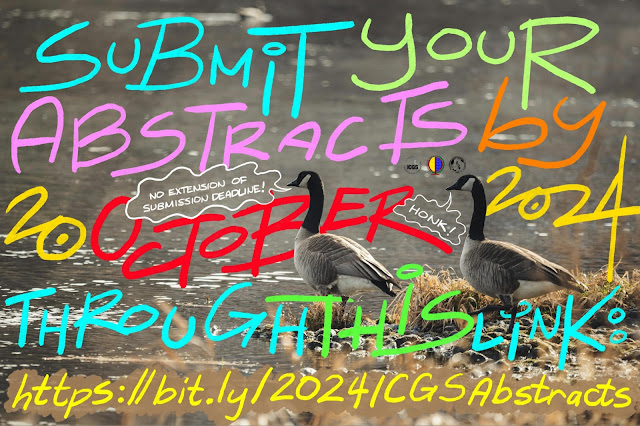This is a true story of a sickly old man who lived north of London. Every spring, he would feed a pair of geese from a flock of migrating birds seeking conducive regions to feed and breed. Every year the same pair of geese would visit his home, and he would unhesitatingly feed them. One winter, the old man passed away. The following spring, these two migratory birds were back in his yard. The old man’s neighbors who have been witness to this human-bird relationship decided to feed the geese themselves that year, and years after that until the two geese stopped visiting altogether.
There is no conventional ending to this story but perhaps eternal life cycles can provide us a clue what happened after. But as writer Connie Jan Maraan reflects on the practice of writing: generosity of spirit counts in order to grow and continue writing, or in this case, feeding the geese, or whatever practice we happen to have fervent passions for.
Much like other fields of study or non-academic undertakings, practices can mean a lot of things: as basis for empirics and positivist-driven data, as creative and experimental, as third space, or as seeing the invisibilities of the tangible. In Mylene de Guzman’s study among lesbian call center workers, poor health conditions and emotional unwellness were not only caused by the exacting nature of working in BPOs and propping various economies but also from internal and often invisible discriminatory practices. With this line of inquiry, questioning and being critical of practice itself demand greater reflexivity, heightened mindfulness and creative experimentation. One can critique the performativities of mapping, ethnography and fieldwork; investigate the injustices of practice itself.
The theme of ICGS this year is focused on evaluating, reflecting, problematizing, as well as documenting new and emerging geographical practices; even revisiting outmoded, obsolete and antiquated ones made static by the sedimentation of time and of progress. So send an abstract to clue us what your research is all about. We love intellectual provocations. They can be place-based, multi-scalar, map-like, creative, visual, highly particular, even imagined.
Our deadline is 20 October and there will be no extension. Do send your 250-word abstract soon to https://bit.ly/ICGS2024Abstracts
You can read our original call so you can be apprised of the requirements when submitting an abstract, in any of the two links below:
References:
Bauch, N (2015). A Scapelore Manifesto: Creative Geographical Practice in a Mythless Age, GeoHumanities, 1:1, pp 103-123, https://doi.org/10.1080/2373566X.2015.1069716
De Guzman, M (2020). The L Words – Lesbian and Labor: Physical and Social Health Impacts of Call Center Work on Lesbian Women in Quezon City, Philippines, Philippine Journal of Social Development, 13, pp 1-13.
Maraan, C J (2011). Better Homes and Other Fictions, Manila: University of Santo Tomas Press.
Reynolds, R (2014). On guerrilla gardening: A handbook for gardening without boundaries. London: Bloomsbury Publishing.


No comments:
Post a Comment